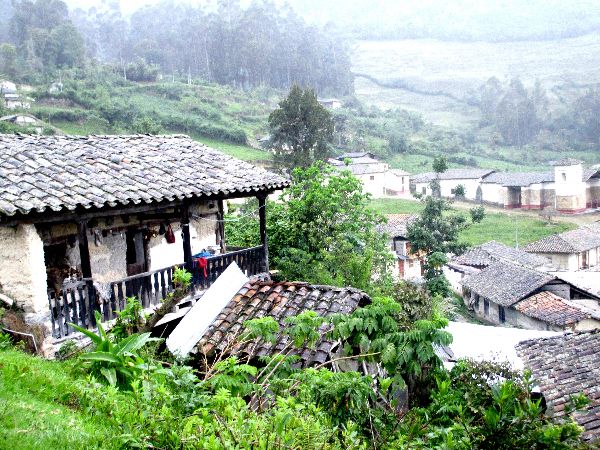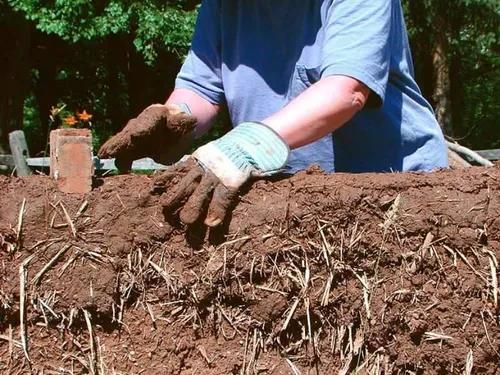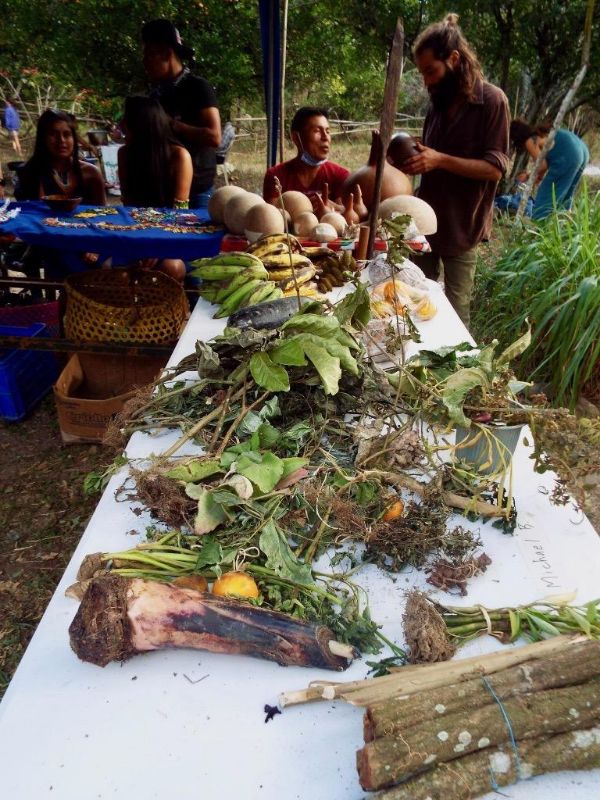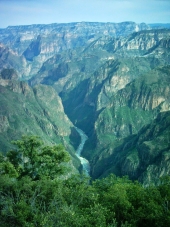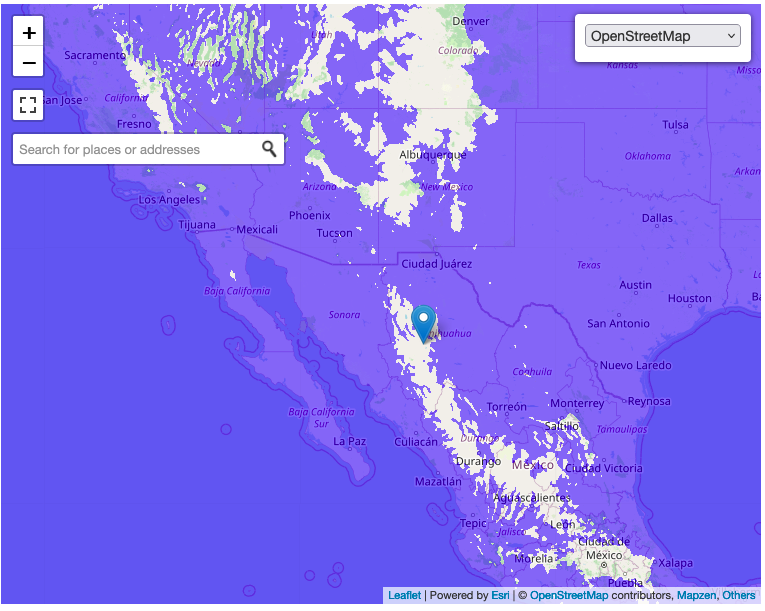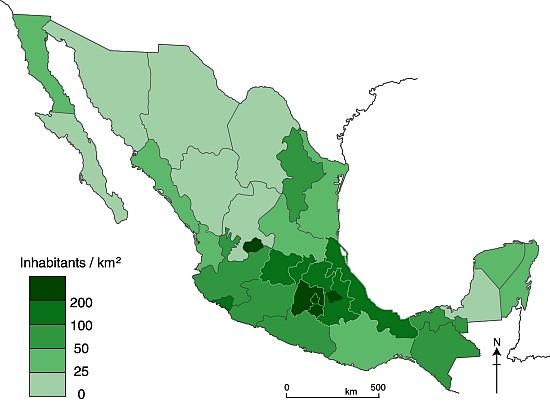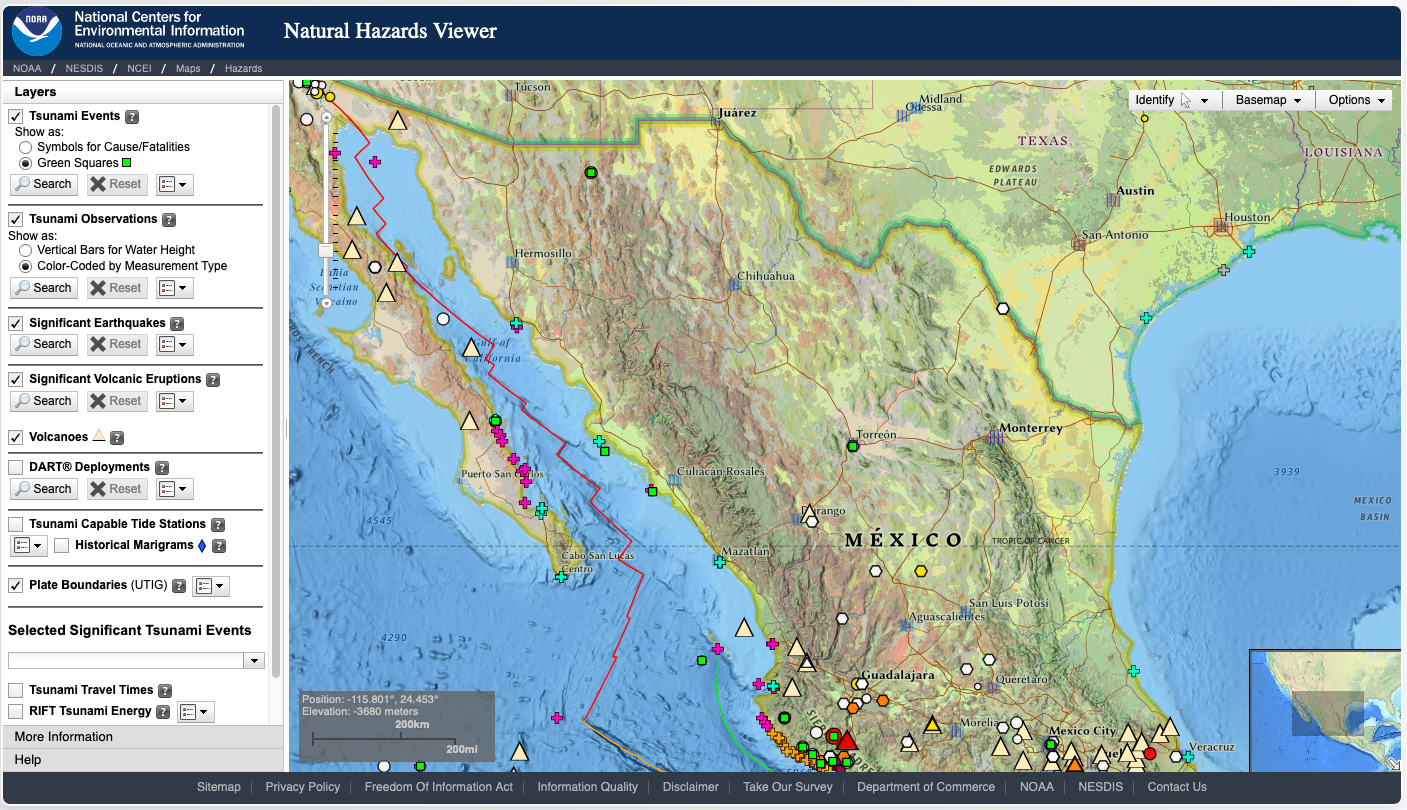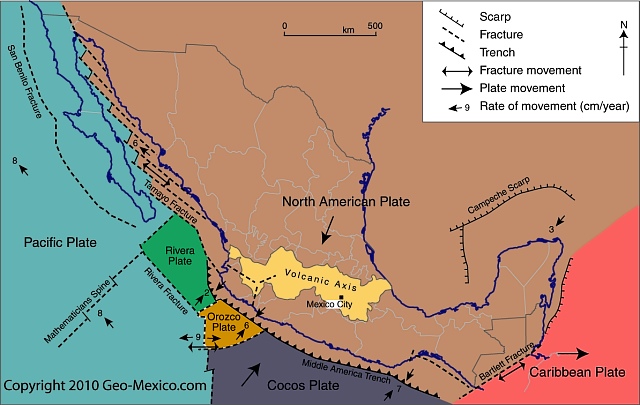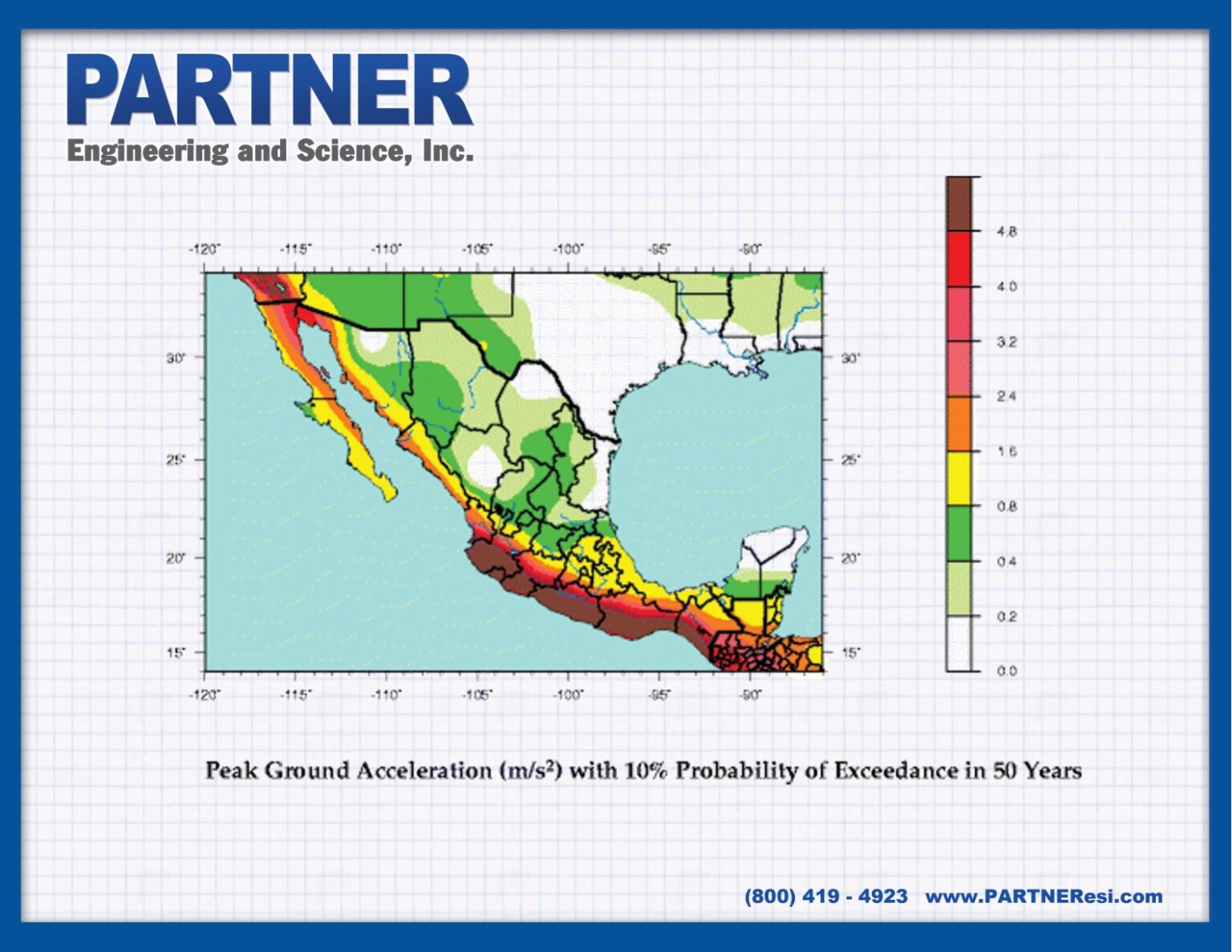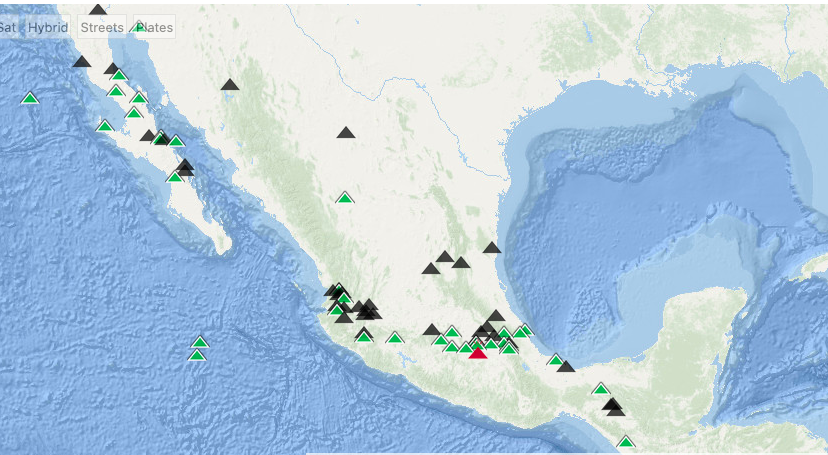WATER
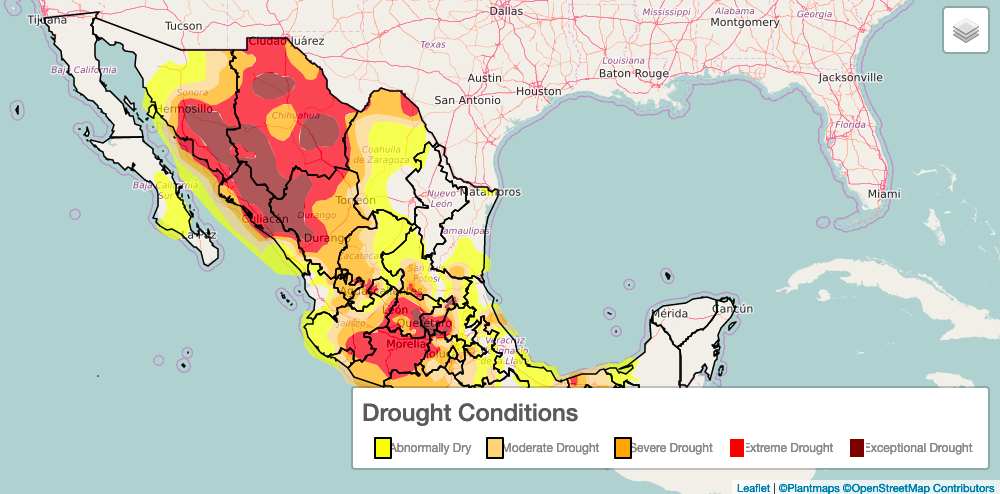
Drought map:
https://www.plantmaps.com/en/mx/cntry/mexico/current-drought-conditions
Desert noun
1. A barren or desolate area, especially: a. A dry, often sandy region of little rainfall, extreme temperature, and sparse vegetation. b. A region of permanent cold that is largely or entirely devoid of life. 2. An empty or forsaken place; a wasteland: a cultural desert. 3.
Archaic A wild, uncultivated, and uninhabited region.
In my mother tongue, deserts are uninhabitable, abandoned, deserted; but by whom? Not by the coyotes or the cactus wrens. Not by the harvester ants or the rattlesnakes. Not by the namib quicksteps, the meercats, the acacias, the tahrs, the sandgrouse and the red kangaroos. Deserts and arid environments generally are often biologically diverse, though by their nature, the life is sparser than in other biomes. While some desert areas are lifeless, in most, communities of animals, birds, insects, bacteria and plants run, fly, crawl, spread and grow in lives unordered, undomesticated by civilization. Wildness is in us and all around us. The battle to contain and control it is the constant labor of civilization. When that battle is lost and the fields are deserted, wildness persists.
Fremnant noun
A combination of the words "Fremen" from the science fiction novel
Dune (depicting a desert culture of “free men”) and the word "remnant." The use of the invented word is intended to evoke conceptions of a strong, independent, desert people. This is a vision for what we may need to embody in order to get through the cataclysm.
Nomadic freedoms and the collapse
I remember sitting crouched, under the hot sun, the wind low, the silence of the desert was absolute... or it would have been if it wasn’t, of course, for all the gossiping. There are people here, not all deserts are unlivable... The sparseness of life favors nomadism — whether by herders, foragers, travelers or traders.
"No one can live this life and emerge unchanged. They will carry, however faint, the imprint of the desert, the brand which marks the nomad." -- Wilfred Theiseger,
Arabian Sands, 1959
On a more general level, many of those with a longing for wildness and a need for freedom from authority have gravitated towards the frontiers of hot deserts and semi-arid regions.
As I wander out in the gentle spring,
I hear a keen call of your roads, O Desert!
I shall leave my home in the dreary hills
How sad are other lands compared to you, O Desert!
— Seidi, a 19th century Turkman poet
In the already water stressed areas of southern Europe, deserted farms and villages have been re-inhabited by anarchists, hippies, cults and others wishing to flee the direct gaze of authority and desert the prison of wage labour. Similar ‘drop out’ situations are present in the drying heart of Australia and the western deserts of North America. Here, importantly, aboriginal communities persist or are re-establishing. The long indigenous strategy of survival — “we were here before and will be after” — may bear desert fruit.
— Excerpts from
Desert by Anonymous
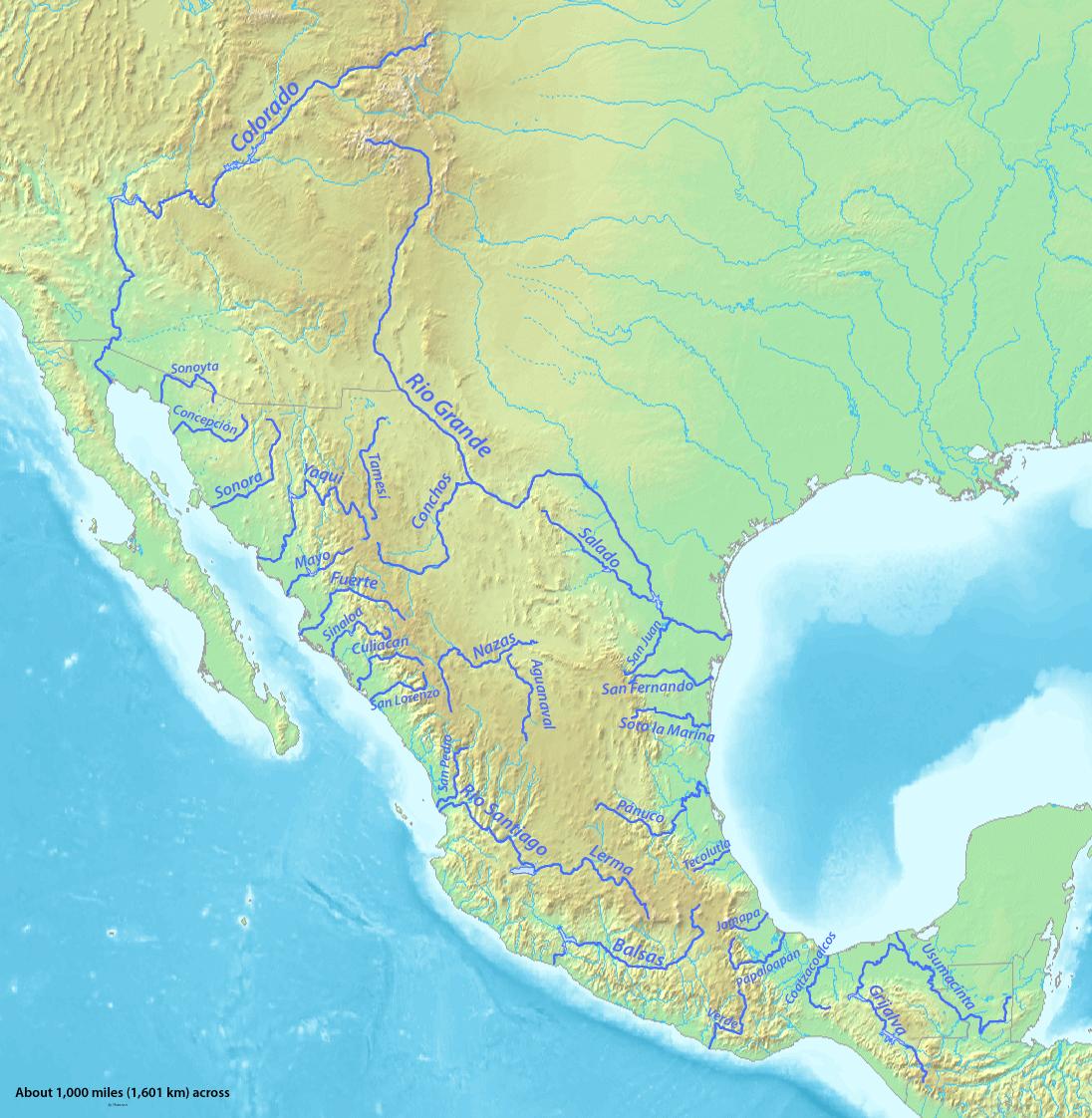
Mexico rivers map:
https://maps-mexico-mx.com/mexico-river-map
And in our hideaway oasis we will grow our crops from the mountain springs, herd our animals through the rugged terrain and comfort one another as the Great Purification approaches.

Cumbres de Majalca National Park:
https://peakvisor.com/range/sierra-madre-occidental.html
Perhaps we will find ourselves in a lush environment after the cataclysm. (
https://www.ucdavis.edu/climate/news/climate-trends-west-today-and-11000-years-ago)




